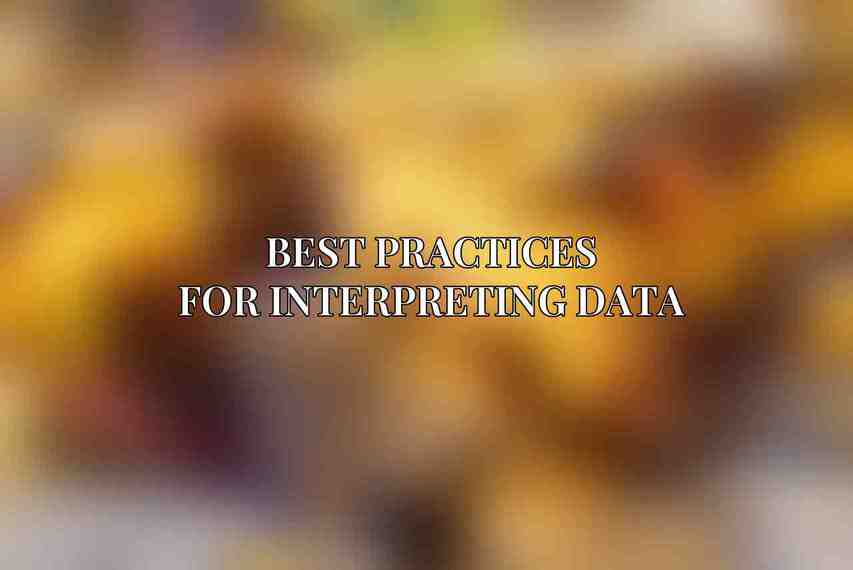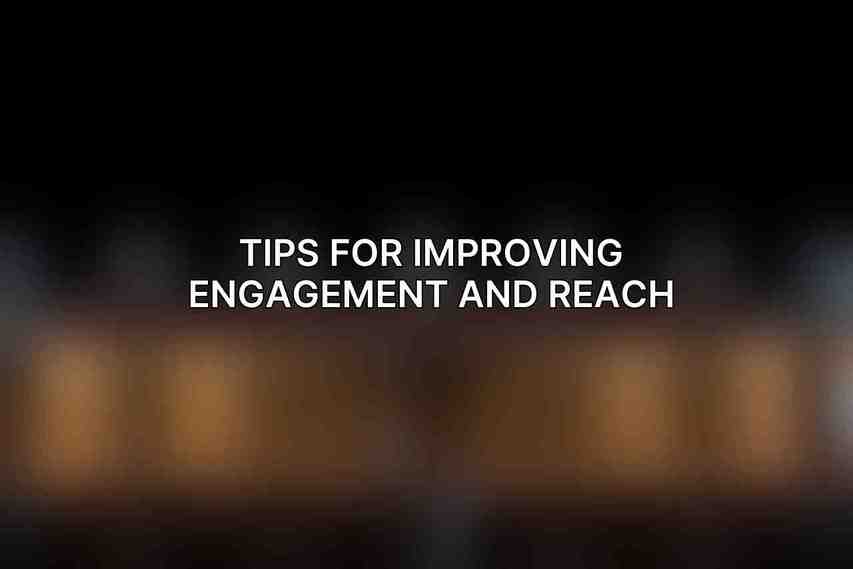understanding the impact of your content scheduling strategy is crucial for success. Social media scheduling analytics involves tracking and analyzing the performance of your posts to determine what resonates with your audience and drives engagement. By leveraging the insights gleaned from this analysis, businesses can refine their strategies to optimize reach, engagement, and conversions.
Analyzing scheduling performance is essential for several reasons. It allows you to measure the effectiveness of your content strategy, identify opportunities for improvement, and make data-driven decisions to enhance your social media presence. By regularly evaluating key metrics and trends, you can adapt your scheduling approach to better align with your goals and audience preferences.
Essential Tools for Analytics
When it comes to analyzing social media scheduling success, having the right tools at your disposal can make all the difference. Below are some essential tools that can help you track and analyze your scheduling performance effectively:
Social Media Management Platforms:
- Hootsuite: Known for its comprehensive suite of features, Hootsuite provides scheduling, analytics, and reporting tools to help you manage your social media presence efficiently.
- Buffer: With its user-friendly interface, Buffer offers scheduling capabilities, analytics dashboards, and engagement tracking to monitor the performance of your posts.
- SproutSocial: Ideal for businesses looking for advanced analytics functionalities, SproutSocial includes scheduling features, in-depth analytics, and sentiment analysis tools to gauge audience sentiment towards your content.
Analytics Tools:
- Google Analytics: A powerful tool for tracking website traffic and user engagement originating from social media channels, Google Analytics can provide valuable insights into the impact of your scheduling efforts.
- SproutSocial’s Analytics Dashboard: This feature-rich dashboard offers detailed insights into the effectiveness of your scheduling strategy, allowing you to track key metrics and identify areas for improvement.
- Hootsuite’s Analytics Report: Hootsuite’s robust analytics report provides a comprehensive overview of your post performance, including reach, engagement, and conversion metrics, enabling you to make informed decisions about your content strategy.
Key Metrics to Track
To evaluate the success of your social media scheduling efforts, it’s essential to track key metrics that offer insight into how your content is resonating with your audience:
- Reach: The number of individuals who see your scheduled posts, indicating the potential exposure of your content.
- Engagement: Metrics such as likes, comments, shares, and clicks that reflect how your audience is interacting with your posts.
- Conversion Rate: The percentage of followers who take desired actions as a result of your posts, such as visiting your website or making a purchase.
- Click-Through Rate (CTR): The percentage of users who click on your posts after seeing them, indicating the level of interest generated by your content.
- Sentiment Analysis: Understanding the sentiment of your audience’s reactions to your posts, whether they are positive, negative, or neutral, can provide valuable insights into audience perceptions.
Tracking these metrics enables you to assess the effectiveness of your content and make data-driven decisions to optimize your social media scheduling strategy for maximum impact.
Best Practices for Interpreting Data

When analyzing social media scheduling success, it’s essential to adopt best practices for interpreting data effectively:
- Identify Top-Performing Content: Analyze the types of posts that generate the most engagement and tailor your content strategy accordingly.
- Map Performance to Scheduling Patterns: Determine the times and days that yield the best results in terms of reach and engagement, optimizing your posting schedule for maximum impact.
- Track Competitive Benchmarks: Compare your performance against industry benchmarks or competitors to gain valuable insights and identify areas for improvement.
- Set Realistic Goals: Establish achievable targets for reach, engagement, and conversions based on your analysis, allowing you to measure and track progress effectively.
- Use Time-Saving Tools: Leverage automation tools to streamline the analysis and reporting process, saving time and enhancing efficiency in managing your social media presence.
By following these best practices, you can extract actionable insights from your data and refine your social media scheduling strategy for optimal results.
Advanced Analytics Techniques
In addition to tracking key metrics, employing advanced analytics techniques can provide deeper insights into the impact of your social media scheduling efforts:
- Multi-Channel Attribution: Measure the influence of social media scheduling on conversions across various channels, gaining a holistic view of your marketing efforts.
- Cohort Analysis: Segment your audience based on demographics or behaviors to conduct targeted analysis and tailor your content strategy to different audience segments.
- Predictive Analytics: Utilize machine learning algorithms to forecast future scheduling performance, enabling you to anticipate trends and optimize your strategy proactively.
These advanced techniques can help you unlock deeper insights into your social media scheduling performance and drive data-informed decision-making within your organization.
Tips for Improving Engagement and Reach

To enhance your social media scheduling success and maximize engagement and reach, consider implementing the following tips:
- Optimize Posting Times: Schedule your posts during peak engagement hours when your audience is most active to maximize visibility and interaction.
- Create High-Quality Content: Share relevant, valuable, and engaging content that resonates with your audience, driving increased engagement and interaction.
- Use Hashtags and Keywords: Increase the discoverability of your posts by incorporating relevant hashtags and keywords to reach a wider audience.
- Run Social Media Contests and Giveaways: Engage your followers and boost reach by hosting contests and giveaways that encourage interaction and sharing.
- Monitor and Respond to Comments: Foster a sense of community and build relationships with your audience by actively monitoring and responding to comments, enhancing engagement and brand loyalty.
By implementing these tips, you can optimize your social media scheduling strategy to enhance engagement, reach, and overall performance across your social platforms.
Case Studies and Success Stories
Real-world examples of how businesses have leveraged social media scheduling analytics to achieve success can provide valuable insights and inspiration for your own strategy:
- Example 1: Learn how Hootsuite’s robust scheduling analytics capabilities helped increase engagement by 30%, showcasing the effectiveness of data-driven decision-making in social media management.
- Example 2: Explore how Buffer’s targeted reporting tools enabled a business to improve reach by focusing on specific demographics, highlighting the power of tailored content strategies.
- Example 3: Discover how SproutSocial’s analytics dashboard facilitated a 20% increase in conversions for a company, demonstrating the impact of in-depth analytics on driving tangible business outcomes through social media.
By studying these case studies and success stories, you can gain valuable insights into best practices and strategies for analyzing social media scheduling success and applying them to your own social media marketing efforts.
analyzing social media scheduling success is a critical component of optimizing your social media strategy for maximum impact. By leveraging the right tools, tracking key metrics, interpreting data effectively, and implementing advanced analytics techniques and best practices, you can refine your scheduling strategy to drive engagement, reach, and conversions across your social platforms. Stay informed, stay proactive, and continuously iterate on your strategy based on data-driven insights to achieve social media scheduling success in this competitive digital world.
Frequently Asked Questions
What is social media scheduling success?
Social media scheduling success refers to the effectiveness of the timing and frequency of your social media posts in reaching and engaging with your target audience.
Why is it important to analyze social media scheduling success?
Analyzing social media scheduling success helps you understand which posts perform well and which ones don’t, allowing you to optimize your social media strategy for better results.
How can I track social media scheduling success?
You can track social media scheduling success by using social media analytics tools that provide insights into metrics such as reach, engagement, clicks, and conversions on your posts.
What are some key metrics to consider when analyzing social media scheduling success?
Some key metrics to consider when analyzing social media scheduling success include engagement rate, click-through rate, conversion rate, and follower growth.
How can I improve my social media scheduling success?
You can improve your social media scheduling success by testing different posting times, analyzing the performance of your posts, engaging with your audience, and staying updated on social media trends.

